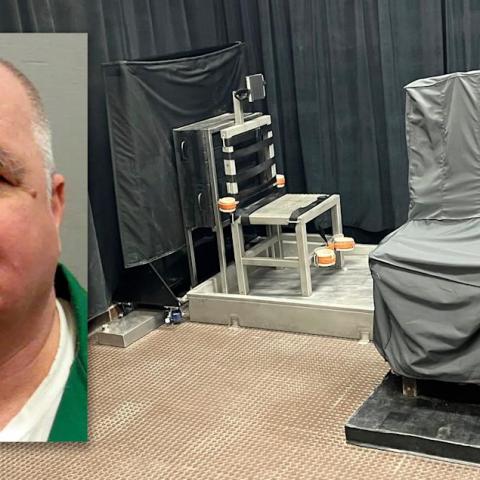Elon University’s faculty association is advocating for greater inclusion in the planned merger with Queens University of Charlotte. The announcement of this merger left many faculty members feeling surprised and excluded from the planning process.
The American Association of University Professors (AAUP) at Elon expressed that faculty must play a crucial role in the merger discussions. They believe that faculty should elect representatives for integration teams and have their councils formally involved in advising on this process.
Both universities aim to combine their strengths to enhance resources, academic expertise, and student services. They plan to address workforce shortages in the Charlotte region, especially in healthcare and law, with new programs leading the way. Events have been held to gather opinions from faculty, students, and other stakeholders. However, there has been public resistance from various groups who feel they have not been adequately consulted.
The Elon AAUP emphasizes that shared governance is essential for maintaining academic quality. They pointed out that faculty should have a clear and meaningful role in major decisions like this merger. They noted that the academic council was not consulted prior to the announcement, even though it’s supposed to advise on long-term planning and priorities.
Going forward, the AAUP insists that both faculties from Elon and Queens should be fully involved in the merger discussions. They argue that if faculty contributions are vital for the merger’s success, they should also be part of the decision-making process to move forward.
Elon has a current enrollment of 7,207 students, reflecting a steady increase over the past few years, while Queens’ enrollment has seen a decline, now housing only 1,846 students. Financially, Elon appears to have a stronger position, reporting $1.2 billion in assets and a significant operating surplus, whereas Queens is facing an $8.7 million deficit.
Merger discussions like this aren’t new. Historically, universities have merged to enhance quality and viability. Research shows that when faculties are involved, the chances of successful integration and innovation rise. Ignoring faculty insights can lead to disengagement and opposition, ultimately hindering the merger’s goals.
Overall, while the proposed merger is designed to foster growth and collaboration, ensuring that faculty have a direct voice in the process will be vital in maintaining trust and accountability within both institutions.





















